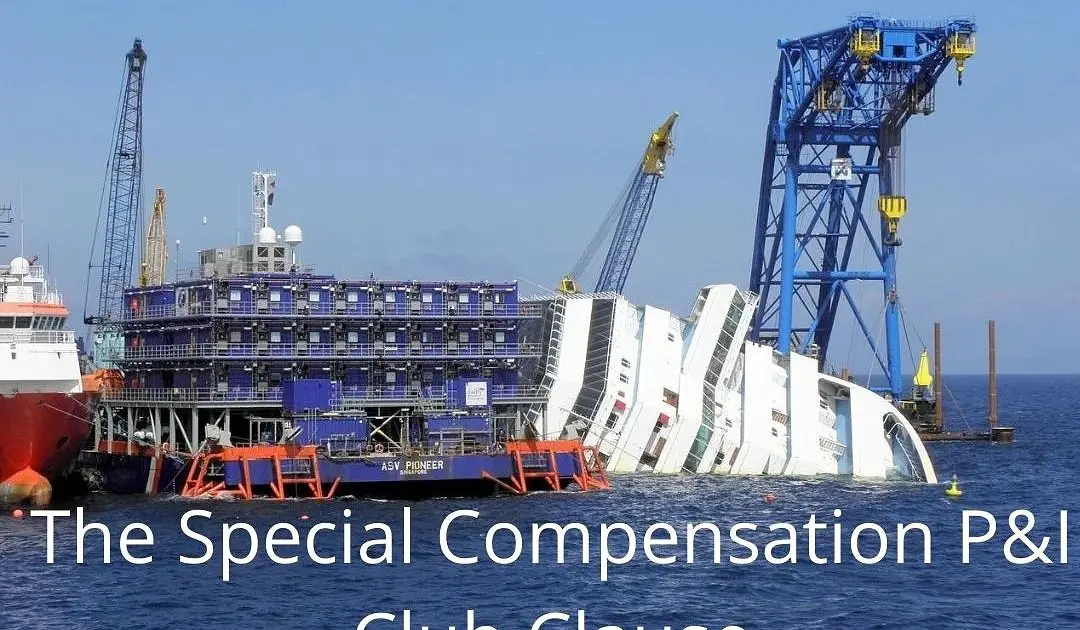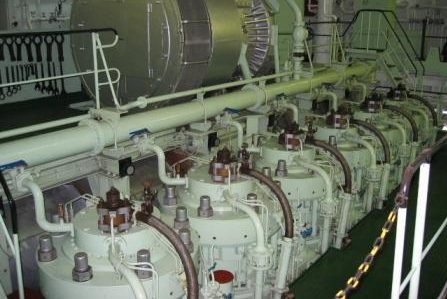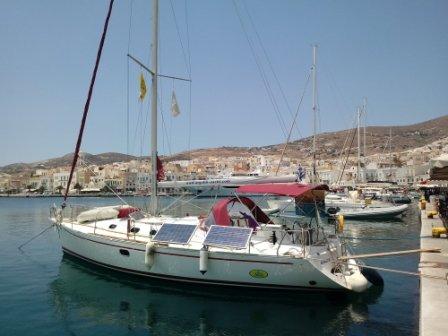You must have heard of the SCOPIC clause many times, so today we will try to understand what the SCOPIC clause is.
After many oil pollution incidents in the 1980s, the salvors were not ready to take up any salvage contracts due to the damage to the environment involved. Hence, it became a necessity to encourage the salvors to take up the high-risk salvage contracts where potential damage to the marine environment and oil pollution was involved, and to lure the salvors in doing so, a special compensation under Article 14 was introduced in Salvage Convention.
As per Article 14 of Salvage convention
IF THE SALVORS BY HIS SALVAGE OPERATIONS HAS PREVENTED OR MINIMISED DAMAGE TO THE ENVIRONMENT, SALVOR IS ENTITLED FOR A SPECIAL COMPENSATION EQUIVALENT TO HIS EXPENSES WHICH CAN BE INCREASED UP TO 30% TO 100% OF THE EXPENSES UNDER CERTAIN CIRCUMSTANCES. THESE EXPENSES WERE TO BE BORNE BY SHIP OWNERS.
This was the first time that P&I clubs were also involved in salvage operations as they had to pay these expenses on the owner’s behalf.
Article 14 had many shortcomings as both the ship owners as well as the salvors had their concerns.
- Salvors’ concerns mainly were to the applicability of Article 14 as this was only applicable in coastal and inland waters and it was applicable only if there was a threat to the environment, which the salvors need to prove.
- Ship owners and P&I clubs were concerned that salvors could unnecessarily prolong the salvage operation to claim more expenses under Article 14.
To solve these issues and concerns of both the ship owners and salvors, the SCOPIC (Special Compensation P & I Club) clause was introduced.
It was decided to incorporate the SCOPIC clause in Lloyd’s Open Form (LOF) without making any changes to the salvage convention.
SCOPIC Clause once invoked substitutes Article 14 of the salvage convention.
The main concerns of the salvors which were resolved by the SCOPIC clause are:
- SCOPIC once invoked was applicable in all geographical locations and was not limited to coastal and inland sea. Also, SCOPIC was applicable even if there was no threat to the environment.
- SCOPIC clause required a security deposit of USD 3 million within 2 days, this made the salvors absolutely sure of securing their payments.
It is up to the salvors if he wants to invoke SCOPIC or not and he can invoke it at any time. With the SCOPIC clause, the salvors are absolutely sure of recovering at least their expenses.
Hence, if Salvor feels at any time that he might not be able to save the property, he will want to invoke the SCOPIC clause. As, if he doesn’t and the property is not saved, then he will not get any compensation as per Lloyd’s “NO CURE NO PAY” principle.
While SCOPIC solved the main issues of salvors, it also took care of the owners and P&I club’s interests, as per para 7 of SCOPIC clause:
IF SCOPIC CLAUSE IS INVOKED AND THE SALVOR WAS ABLE TO SAVE THE PROPERTY AND HENCE WAS ELIGIBLE FOR AWARD AS PER ARTICLE 13 OF SALVAGE COMPENSATION, HIS REWARD WILL BE REDUCED BY 25%.
Hence, if the salvor is absolutely certain and is sure for the success of the salvage operation, he will not invoke the SCOPIC Clause.
This way, the SCOPIC clause proved to be helpful to both Shipowners as well as the Salvors and hence is widely accepted by both parties.
To learn more about the basics of Maritime Law, we recommend you to read “The Outlines of Maritime Law”,
I hope this article gave you a clear picture of the SCOPIC clause. Feel free to share your views with us in the comments section.





Can the ship owner invoke/terminate SCOPIC? if so, under what circumstances & regulations?